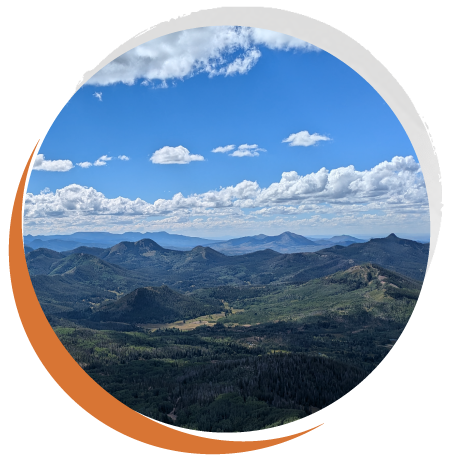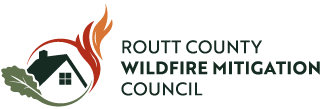ROUTT COUNTY LONG-TERM WILDFIRE RECOVERY PLAYBOOK
Routt County is very lucky to continue to have the opportunity to proactively pursue pre-wildfire recovery planning before a catastrophic wildfire occurs. The initial development of a long-term wildfire recovery plan was completed by The Council in early 2025. The call-to-action is to the community, to establish a long-term recovery group which will lead the activation of the recovery recommendations identified in the playbook.

The recovery playbook provides a gap analysis of local and regional resources crucial to long-term wildfire recovery. Who are the existing leaders, experts, and officials who would be called to lead and support recovery efforts in Routt County after a catastrophic wildfire? What are the lead organizations and government agencies? Where is recovery funding and how is it accessed? What are lessons learned and best practices from communities who’ve had to recover? This playbook provides some answers to these urgent questions, but most importantly, it provides recommendations to strengthen the county-wide wildfire recovery support structure. Routt County can be prepared to recover as calmly and equitably as possible, but it is up to citizen leaders to pluck the recommendations off the playbook’s pages and see them to fruition in real time…just in time!
The links below will open in new tabs, please contact us if you have any issues accessing them.
“Halie did an exceptional job drafting the Routt County Long-Term Wildfire Recovery Playbook, which provides a solid framework for identifying resources, stakeholders, and actions in support of long-term recovery. Additionally, the plan incorporates several recovery best practices including the establishment of a long-term recovery group pre-disaster, integration with other community and state plans, equitable recovery considerations, and rebuilding more resilient. I am excited to see how this playbook will guide recovery planning for Routt County, and serve as an example for other Colorado communities.”
“I wish someone had handed me a document like the Routt County Long-Term Wildfire Recovery Playbook when I was planning North Carolina’s recovery from Tropical Storm Helene. Having such a plan in place before the storm would have helped us deliver aid to North Carolina’s mountain communities much faster and in a way that catered to the unique character of those communities.”

